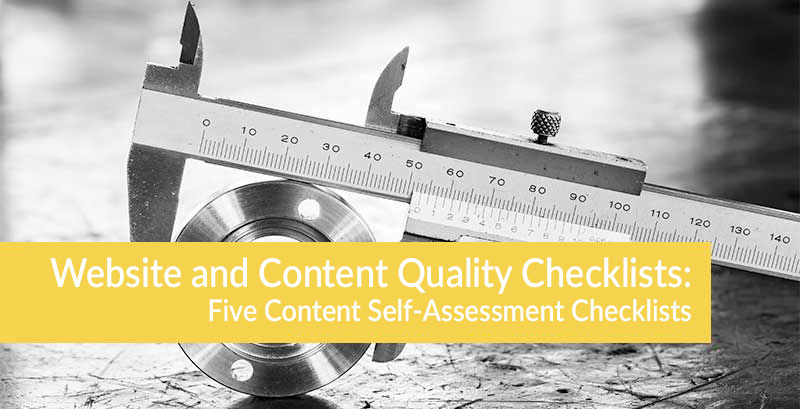Learn how long SEO takes and the factors influencing your SEO results
How long does SEO take? SEO strategies can take anywhere from 6 to 12 months to work.
But this depends on the status of your website right now, what your competitors are doing, global and national news and trends, and the industry you’re in.
The good news is there are proven SEO strategies that do work. SEO strategies that with time and commitment help your pages rank higher in the search engine results.
And the great news is that if you listen to our advice and implement what we ask you to do – you are likely to see positive changes after 3 months.
Remember, SEO is personal to your website, competitors, industry, and goals. What works for one company does not necessarily work for another.
The 4 Factors That Impact Your SEO Timeline
These 4 factors are core to your SEO timeline and strategy:
- Website age and domain authority: if you’re starting with a brand new website, Google does not have history of website traffic and content. This is why it takes longer for a new website to be recognized and ranked. Older websites have an advantage with Google’s history and can respond faster to SEO activities.
- Competitors: if you have competitors with high-ranking websites and strong domain authority, this affects your SEO strategy and timeline. These websites are already respected and trusted by search engines, making them the first choice in the search engine results.
It can take longer to rank for general keywords and to convince Google and other search engines that your website and content provides the most helpful content and meets search intent.
- Technical SEO status: website architecture, server configuration, and website speed impact how long SEO takes. Website speed, particularly the time it takes to load the page, is a crucial technical SEO factor, impacting user experience, bounce rates, and ultimately, search engine rankings.
A poorly optimized website architecture makes it difficult for search engine bots to crawl and index pages. Slow server response time and frequent downtime can negatively affect SEO efforts by causing search engines to crawl and index pages less frequently.
- Content quality: search engines use content to determine the relevance and authority of a website, as well as its experience, expertise, authoritativeness, and trust (E-E-A-T).
Well-written, informative, helpful, and engaging content that demonstrates E-E-A-T helps improve search engine rankings and drive more traffic to a website, especially for queries that require high levels of trust.
Content quality is particularly important for Your Money Your Life (YMYL) websites providing information that can significantly impact health, well-being, or financial stability.
SEO is not a one and done item on your to do list. SEO requires constant strategy adjustment, and attention to search engine algorithm changes and expectations.
Essential SEO Tactics for a Higher Search Engine Ranking
Focus on these essential SEO tactics to help search engines find and trust you, so your website ranks higher in the search engine results page (SERP).
Technical Audit
A technical audit tells us if your website is optimized for search engines. Essentially we want to know if search engines can easily find, crawl, and index your site so you can rank in search engine results.
During a technical audit we look at all elements of your website, looking for anything that is making it difficult to crawl and index.
This includes things like broken links, security (HTTPS), missing an XML sitemap, duplicate content (content cannibalism), confusing URL structure, slow site speed, not mobile friendly, and hreflang errors.
Competitive Keyword Gap Analysis
This tells us how your competitors are ranking for high volume keywords in your niche and how you’re ranking (if at all) for these.
We focus on keywords that have high search volume, are likely to convert to clicks and sales, and that we believe you can rank for or rank higher than your competitors.
The competitive keyword gap analysis also tells us which keywords you’re already ranking in the top 20 with. We want bumped you up from position 20 to the top of the SERPs.
And if you have goals around a specific product or niche within your industry, we keep digging looking for keywords that your competitors are not ranking for but have good search volume and keywords that meet search intent (answers the questions people are asking).
Search Intent
Search intent tells you what people are searching for and the kind of information they want. It’s important to remember that people turn to search engines because they have questions. Your website becomes popular with search engines when you can answer questions for Google, Bing, Yahoo, etc.
There are four types of search intent: informational, navigational, transactional, and commercial investigation. We look at the way people are using language to ask questions – for example, an informational search intent query could range from what is ChatGPT to vitamins and minerals.
The key with search intent is to give people what they’re looking for – not just what you want them to know.
Internal Linking
Internal links help search engines like Google understand and rank your website. These links show search engines how your content is related – helping you establish E-E-A-T and prove you’re providing helpful content.
Internal links also tell search engines which pages are important on your website. It helps to use keywords as your anchor text, since this tells search engines what the linked page is about.
Your readers use internal links to find their way around your site, and done right, these links can encourage people to spend more time on your website. This in turn builds trust and awareness, leading to better engagement and potential conversions.
High-Quality Content
Google’s priority (and other search engines) is on delivering and ranking helpful, reliable information that is primarily created to help people. Google has said multiple times that content created to gain search engine rankings is a very bad idea.
High-quality content is people-first content. Google describes this as “People-first content means content that’s created primarily for people, and not to manipulate search engine rankings.”
We assess your content based on guidance from Google and other search engines, search intent, the type of website you have, and by following our content quality checklists.
E-E-A-T
Google likes content that demonstrates experience, expertise, authoritativeness, and trust (E-E-A-T). This content is very different from AI content. And while Google has said AI content is not against its guidelines, it cautions that this content still needs human involvement.
I really like what Lily Ray says about E-E-A-T, Google, and AI content:
Especially with Google’s recent emphasis on the new E in E-E-A-T – Experience, Google is often looking for content that demonstrates the author has first-hand experience with the subject matter they are writing about. AI, by definition, cannot provide that first-hand experience.
And if you have a YMYL website, it’s imperative your content is written or at least reviewed by real people. ChatGPT and other AI content tools are prone to error and making up content – this is not the kind of content you want on your website.
Our recommendation is to work with proven content specialists – people who know how to use tools like ChatGPT, Google, SEMrush, and others for research and who write content that meets search intent and Google’s standards for E-E-A-T, and helpful content. Google has guidance on AI content and its role on your website – make sure you know what Google is saying.
Bottom line – SEO takes time and commitment. You need to listen to and follow the advice of your SEO agency. And yes, you should ask questions about the SEO strategy.
And yes, your SEO agency should be 100% transparent with you – explaining why the SEO strategy is working and why the recommendations are taking longer than expected.
Contact us with your questions about SEO, E-E-A-T, Google, ChatGPT, and how you can get the SEO results you want and need.



